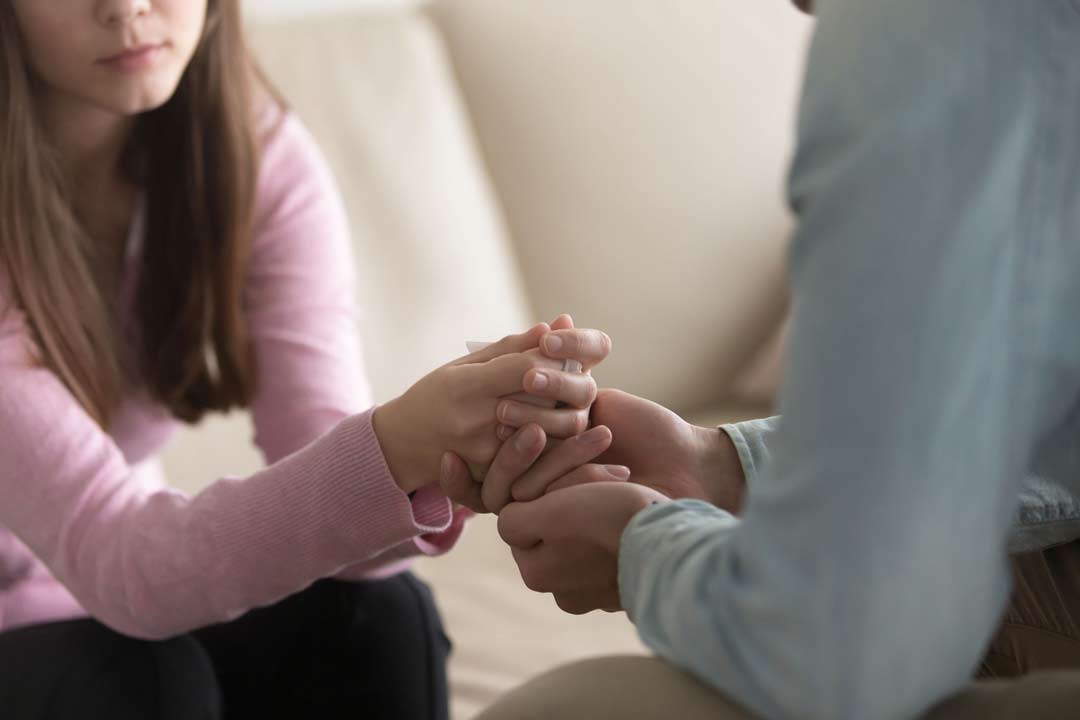Emotional abuse is hard to recognize, unlike physical abuse, it can be hidden very well by the abuser.
Therefore, it can go on undetected for a long amount of time by family members, as well as the victims.
In the words of Lisa Ferentz (to HuffPost):
“Unlike physical or sexual abuse, there is a subtlety to emotional abuse. It’s a lot more confusing to victims, as it typically is couched in behaviors that can initially be perceived as ‘caring.’”
At the very beginning of the relationship, the abuser will act in a thoughtful, kind manner, deceiving the target of his/her manipulation. This is, therefore, called the “grooming process.”
Emotional abuse is used as a tactic to gain power and control over a relationship, which can take place in various shapes and forms. Such are the use of insults and threats, gaslighting, intimidating, shaming, lying, belittling, etc. ‘Invisible’, yet traumatic for the victim, consequences of such behavior could, in turn, could result in anxiety, depression, PTSD and others.
Easy to miss signs of emotional abuse, therefore, include the following:
1. Walking on eggshells around your partner

If you find yourself trying your hardest to avoid ‘disappointing’ your partner, that is a telling indication of you being controlled by your partner’s ‘reactivity’. It is human and worthy of appreciation when you are considerate of other people’s emotions, however, that should not be achieved at your expense.
A healthy relationship is one that allows both parties to be ’emotionally objective’ and independent while still being very close and intimate with each other. Said ‘differentiation’ enables a strong and passionate involvement with the person you are with without becoming ‘poisoned’ with your partner’s emotional baggage.
2. Gaslighting
Gaslighting is a form of abuse in which your partner would constantly remind you negatively of your flaws with the intention to belittle you. Therefore, this would often lead to your self-perception being unfavorable, causing you to feel ‘not good enough’.
The gaslighter does this in order to make you defensive and vulnerable, which, in turn, creates a power imbalance in the abuser’s favor.
3. Hurtful comments disguised as jokes

The toxicity of this kind of abuse is especially deep in regards to its well-crafted disguise. Portrayed by the abuser as something normal, or even funny, the most hurtful of things could be said. This is very menacing, as you would be convinced that everything is all in your head, remaining submissive.
Questioning your own judgment would become a problematic side-effect which more often than not leads to you ‘believing’ the abuser, as opposed to your own senses. The outcome is clear: he/she will have his/her way…always.
4. Your partner is hot and cold
This represents a type of tactic which would most definitely leave you hooked on the idea ‘you are to blame’. Here is how: one time your partner is loving and caring towards you, yet the other they can be distant and you can’t seem to even have a normal conversation.
This would leave you feeling one way: guilty. You would most probably start seeking out the reason for this in your own self. As an effect, a typically independent person may be turned into an “anxious pleaser“.
5. You feel sorry for your partner, even though they hurt you
Emotional abusers tend to be master in manipulation. Hence, feeling sorry for your partner even though he/she is the one who hurt you in the first place is quite common. Feeling like something is your fault is the emotional blackmail abusers like to achieve in order for you to stay submissive.
Be it because of their childhood or a past relationship, or how exaggeratedly hurt they are because of something you said- you would have the inclination to feel sorry for him/her. A victim of emotional abuse would very likely disregard their partner’s behavior because they ‘overly relate’ to the ‘wounded’ side of the abuser, which is typically innocent, lost, or sometimes abandoned.
6. Apologizing even when there is no real need to

Consequently, as per the points mentioned above, victims of emotional abuse will often have the inclination to apologize without being guilty of anything, really. This is due to the fact that because of the previous manipulation, victims would perceive themselves as inconsiderate, selfish, egoistic, as even self-centered.
The shift of blame would be done so seamlessly, you would ignore your gut feeling and will be prone to believe the illusion the abuser is crafting for you.



